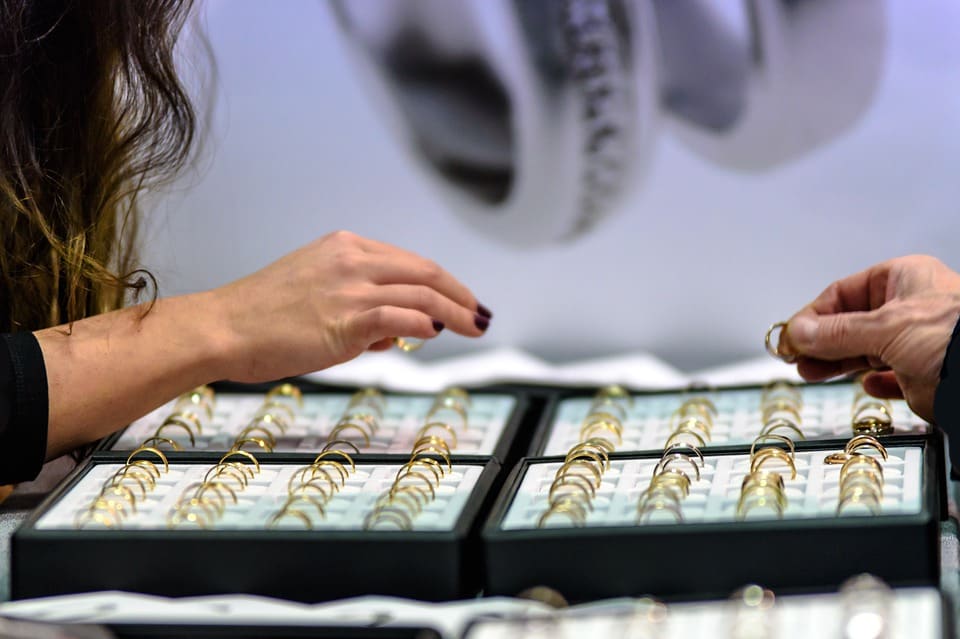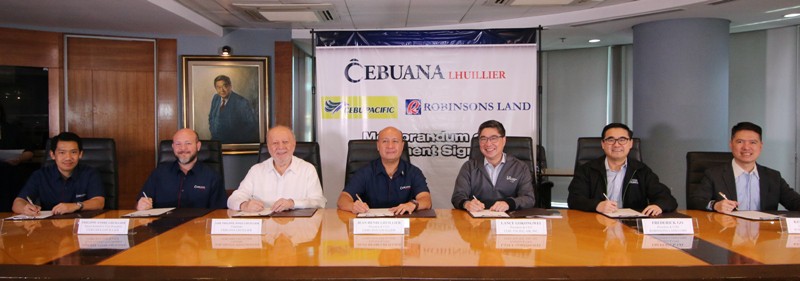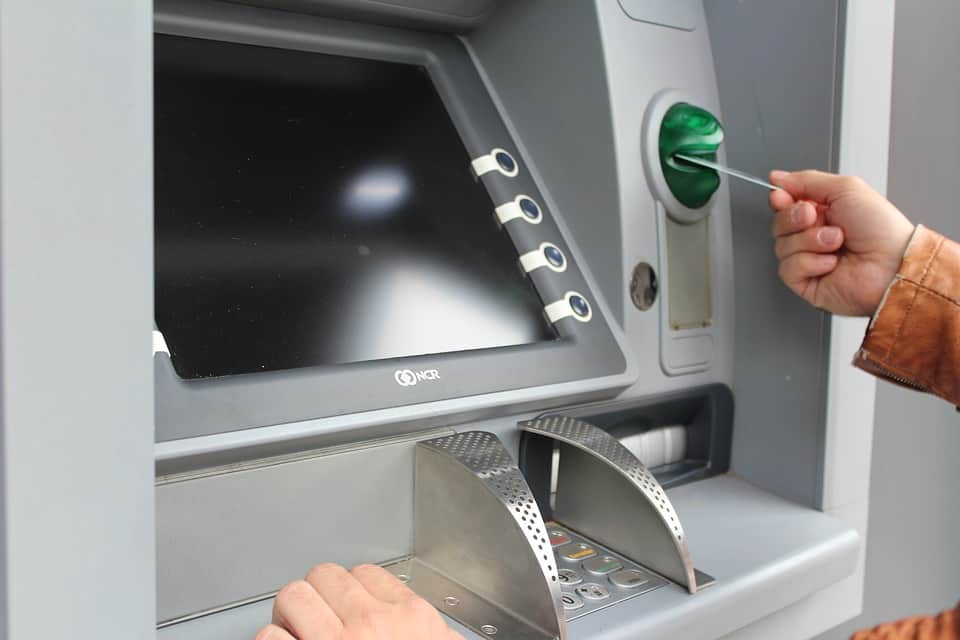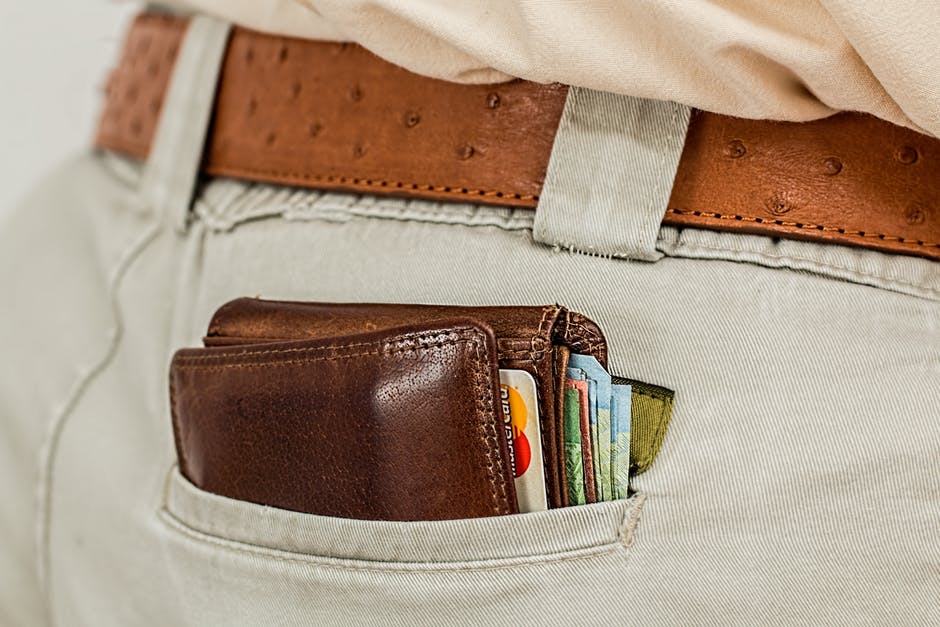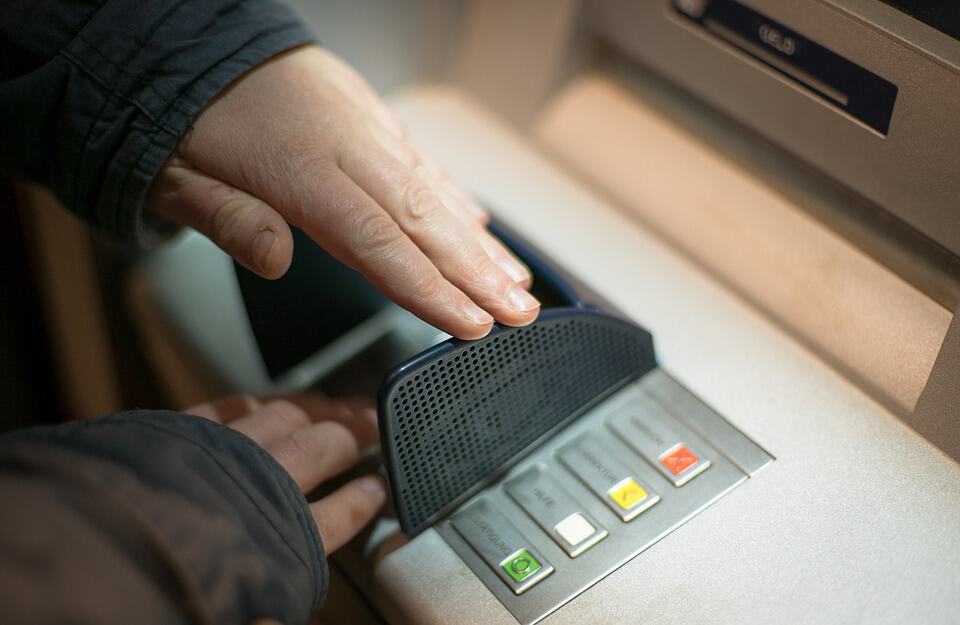Pawnshops are places where you can loan cash in exchange for your jewelry. Sometimes, a person can’t get back their pawned jewelry because they can’t pay what they owe. These pieces will be sold to people who want to buy gold rings or necklaces at more affordable prices.
If you don’t have an issue of buying used jewelry, you can readily buy them at any pawnshop at your convenience.
WHAT CAN YOU FIND IN A PAWNSHOP?
If you’re looking to find some jewelry for yourself, but without spending so much cash, consider going to a pawnshop.
You’ll definitely find an array of vintage jewelry and hard-to-find pieces, often bequeathed to parent to child. There are jewelries bought from different countries, such as the Middle East, which travelers pawn or sell to pawnshops in exchange for cash.
Most pawnshops, if not all, only accept gold jewelry, but others can also accept silver, platinum, and other precious metals. These should be in good condition: no damage, no chipped stones, no missing pieces. They assess the price according to the weight and size, if it’s in mint condition or if it has damages.
But how do you know if the pawnshop you’re dealing with is legitimate and trustworthy? Here are five tips to ensure that you get the best price for the jewelry you’ve chosen.
TIP 1: Shop Around and Negotiate
The value of gold jewelry varies from pawnshop to pawnshop, so feel free to go around and see how much you can get for your ring. Of course, take note that because these pieces are more often than not one-of-a-kind, you might not find the same ring you’ll see in one pawnshop. Unless you trust the pawnshop due to your previous transactions, don’t settle with one. Until you find your dream ring, keep searching.
You can also talk to friends who have experienced buying from a pawnshop, or look around the internet for testimonials for the pawnshops you’d like to talk to. Take note of the positive and negative reviews on Facebook Pages, if they have, or check forums where people tell their stories about buying pawned items.
If you have a friend with a jeweler’s eye, bring them along, too. You’ll need all the help you can get to avoid getting a bad deal.

TIP 2: Test the Jewelry
When you’ve found the ring of your choice, ask the pawn broker to apply an acid solution to determine if your gold is indeed pure or if it has impurities (stainless steel may be sold as white gold if you’re not careful).
You can also see if the precious stone on the ring is authentic or a synthetic duplicate. For example, if you’re looking at a ruby-encrusted ring, you can check its brightness. It should look like a red-colored traffic light. If it’s much darker, it could be garnet. If it isn’t bright, it could be fake.
The best way to test the authenticity of precious stones is by scratching it with your fingernail or a coin. If you can scratch it, then it’s fake. Only diamonds can scratch a real ruby, emerald, or sapphire.
TIP 3: Check the Price
Upon testing the authenticity of your jewelry, check the price. Usually, there are price tags accompanying the jewelry pieces, but if they don’t, better be careful. They could raise the price, especially if you tell them what your budget is.

TIP 4: Read the Fine Print
Some pawnshops require you to sign a legal document, saying that what you’ve bought is authentic and that there is no return or refund policy. Read the policies carefully before making a commitment and spending your money. This document is to protect both you and the pawnshop from any unlikely event.
Buying jewelry from a pawnshop is always an adventure, so be sure to prepare in advance. Always do your research before going into pawnshops, and always choose to negotiate with notable ones, like Cebuana Lhuillier.
No matter how excited you are, it’s always good to have a skeptic mind before finally choosing your jewelry of choice. Be sure to have your jewelry scaled, tested, and appraised. You need to do this because you want value for your money.
With these in mind, the next time you want to add a unique piece of jewelry to your collection, you can buy from a pawnshop with ease and confidence.

